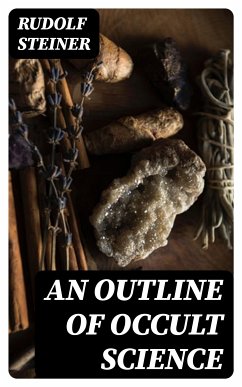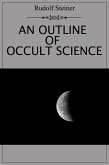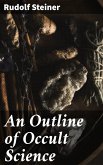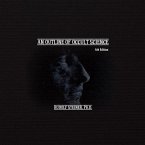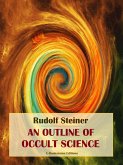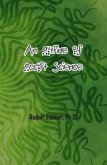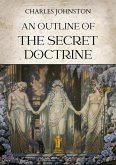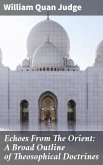In "An Outline of Occult Science," Rudolf Steiner presents a comprehensive exploration of spiritual science that merges philosophical inquiry with esoteric insight. Drawing upon his extensive knowledge of anthroposophy, Steiner articulates a nuanced understanding of the human soul, evolution, and the interplay of physical and spiritual realms. His literary style is characterized by rigorous intellectual engagement, yet remains accessible, as he aims to illuminate the complexities of existence through a blend of scientific reasoning and mystical consciousness, contextualized within the broader framework of early 20th-century spiritual movements. Rudolf Steiner (1861-1925), an influential Austrian philosopher, and esotericist, is best known for founding anthroposophy, a spiritual philosophy that seeks to understand the world through a holistic lens. His diverse background in natural science, literature, and philosophy, coupled with his experiences as a teacher and public speaker, deeply informed his exploration of spiritual realities. Steiner's innovative approach and synthesis of various intellectual traditions reflect his commitment to fostering a deeper connection with the spiritual dimensions of life. Readers seeking a profound understanding of human consciousness and its connection to the cosmos will find "An Outline of Occult Science" to be a seminal text that challenges conventional views and invites introspection. This book serves as both an introduction and a deep dive into spiritual science, making it essential reading for those interested in the intersections of philosophy, spirituality, and human potential.
Dieser Download kann aus rechtlichen Gründen nur mit Rechnungsadresse in A, B, BG, CY, CZ, D, DK, EW, E, FIN, F, GR, H, IRL, I, LT, L, LR, M, NL, PL, P, R, S, SLO, SK ausgeliefert werden.

